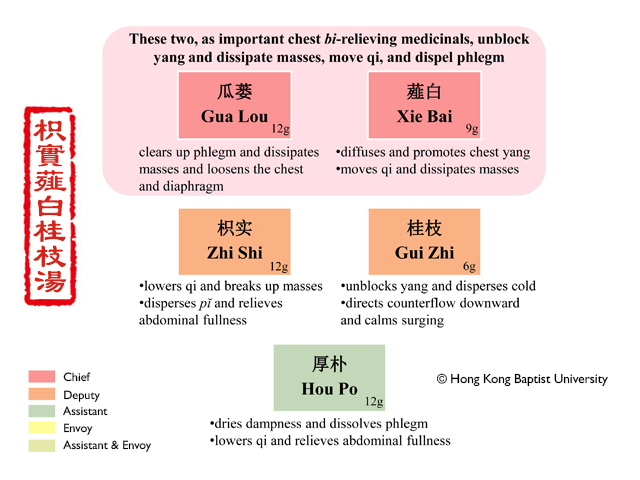Officinal Magnolia Bark
Magnoliae Officinalis Cortex
Functions:Moves qi, disperses stagnation, dries dampness, eliminates fullness, downbears qi, calms panting. Apply to dyspeptic disease and qi stagnancy, abdominal distention and constipation, dampness stagnates the middle-jiao, vomiting and diarrhea, accumulation of phlegm and reversed qi, cough and panting due to fullness of cheat.
